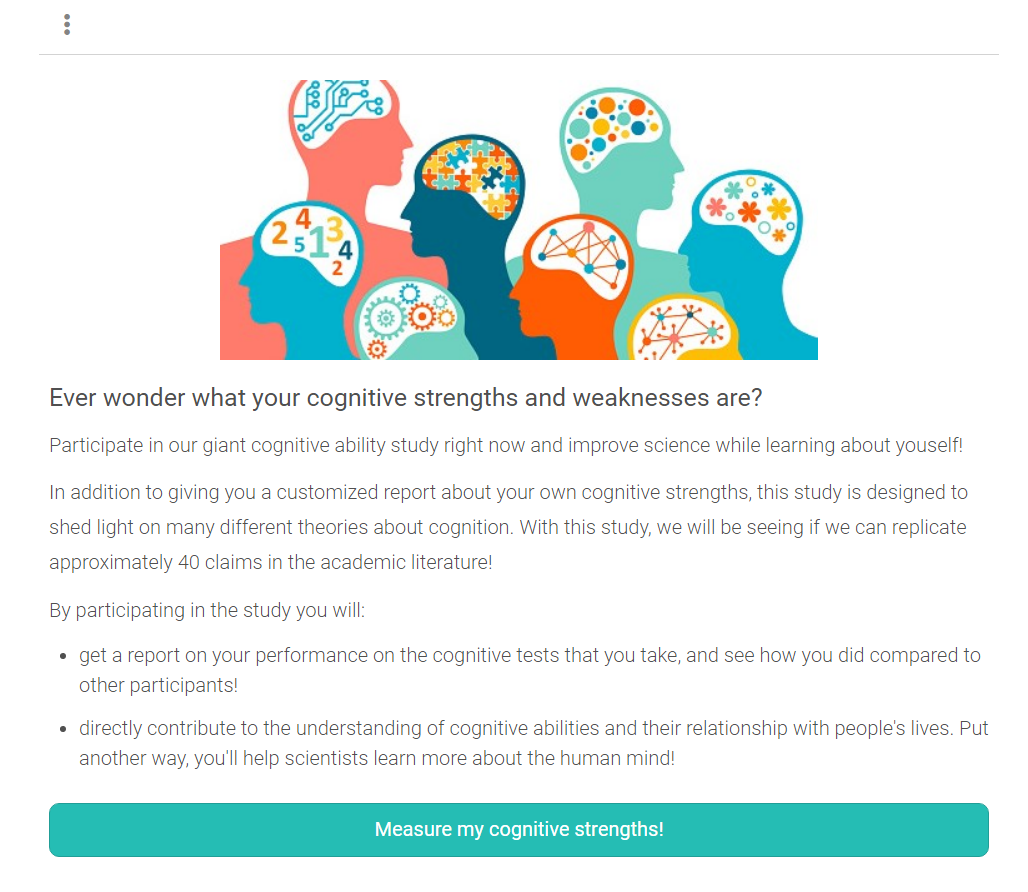[Cross-posted from my Substack here]
If you spend time with people trying to change the world, you’ll come to an interesting conundrum: Various advocacy groups reference previous successful social movements as to why their chosen strategy is the most important one. Yet, these groups often follow wildly different strategies from each other to achieve social change. So, which one of them is right?
The answer is all of them and none of them.
This is because many people use research and historical movements to justify their pre-existing beliefs about how social change happens. Simply, you can find a case study to fit most plausible theories of how social change happens. For example, the groups might say:
* Repeated nonviolent disruption is the key to social change, citing the Freedom Riders from the civil rights Movement or Act Up! from the gay rights movement.
* Technological progress is what drives improvements in the human condition if you consider the development of the contraceptive pill funded by Katharine McCormick.
* Organising and base-building is how change happens, as inspired by Ella Baker, the NAACP or Cesar Chavez from the United Workers Movement.
* Insider advocacy is the real secret of social movements – look no further than how influential the Leadership Conference on Civil Rights was in passing the Civil Rights Acts of 1960 & 1964.
* Democratic participation is the backbone of social change – just look at how Ireland lifted a ban on abortion via a Citizen’s Assembly.
* And so on…
To paint this picture, we can see this in action below:
Source: Just Stop Oil which focuses on…civil resistance and disruption
Source: The Civic Power Fund which focuses on… local organising
What do we take away from all this? In my mind, a few key things:
1. Many different approaches have worked in changing the world so we should be humble and not assume we are doing The Most Important Thing
2. The case studies we focus on are likely confirmation bias, where




I submitted these questions at the feedback page but wanted to post them here as well: How do scores compare for people who completed more or less of the test modules? Is the percentile score in comparison to other EA Forum/LessWrong test takers or a larger cohort?
I'm also curious: what are those 40 claims you're trying to reproduce?
Hi! The scores are relative to a sample from the U.S. population (not people on LessWrong or the EA Forum). I suspect that the population we used may have a slightly higher-than-average IQ but I'd be surprised if it was a lot higher than average.
We haven't yet released the 40 claims we're seeing if we can replicate, but they include many of the major claims in the intelligence literature.